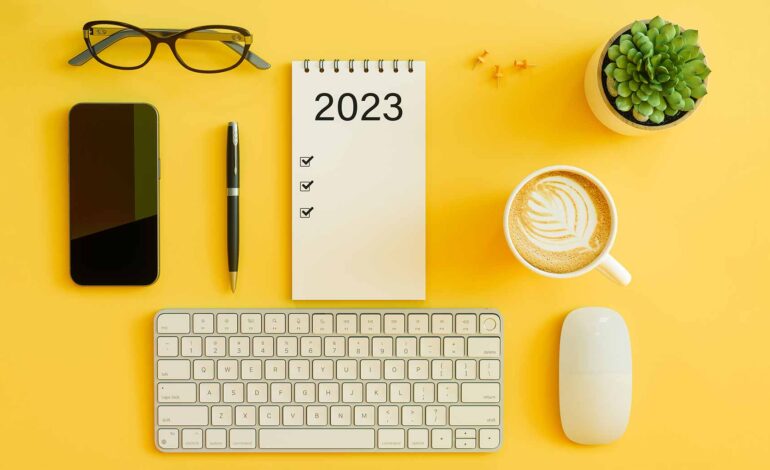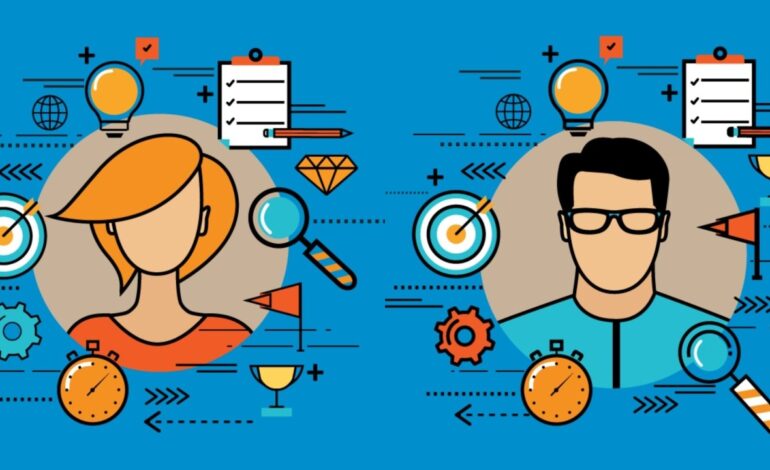
Technology has undoubtedly revolutionized the way we live our lives, offering many benefits and conveniences. However, it’s not all positive.
With the rise of smartphones, social media platforms, and other internet-enabled devices, people are spending more time than ever before in their digital bubbles: sending emails, texting friends, watching videos on YouTube, playing video games—the list goes on. It’s easy to get lost in this world of online distractions and lose touch with reality. But is this really a bad thing?
In this article we will explore some of the impacts of technology on our mental health
Social Isolation
While technology allows us to connect with people from all over the world, it can also contribute to social isolation. Excessive use of social media or online communication may replace face-to-face interactions, leading to feelings of loneliness and disconnectedness. Even if you’re not spending hours on Facebook every day, you may be missing out on some valuable social interactions. You might be spending time on the phone instead of going out with friends, or using email instead of catching up in person after work.
The good news is that there are ways to combat this problem! It’s important to prioritize connecting face-to-face with real people over communicating through technology. You should also make an effort to get out into the world and meet new people—even if they aren’t your “type” or don’t share your interests. The more people you meet, the more likely it will be that at least one of them shares something in common with you!
Addiction
Technology addiction, particularly to video games or social media, is a growing problem that can impact mental health. It can lead to decreased productivity, poor sleep quality, and even depression and anxiety.
If you feel like your tech use is impacting your sleep quality or mental health, there are steps you can take to improve your situation! First, figure out whether your tech use is causing you to lose sleep at night. If it is, then try setting limits on how long you stay awake after dark. You may also want to try taking a break from all screens around bedtime by reading a book or listening to music instead of checking your phone or computer. In addition, if you’re feeling depressed because of your tech use—whether it’s gaming too much or spending too much time on social media—you should seek help from a professional therapist who can help you work through these feelings so they don’t continue affecting your life negatively.
Information Overload
With the constant barrage of information available on the internet, it’s easy to become overwhelmed and anxious. This can lead to feelings of stress, anxiety, and burnout.
We all want to be able to keep up with the world around us, but sometimes it feels like there’s just too much happening—and too many platforms for it to happen on! It’s important to remember that you’re not alone in this struggle. You are not failing if you don’t know every single thing there is to know about everything that’s going on in your industry or field. You’re doing just fine if you’re trying your best and being honest with yourself about what information is relevant and useful to you.
If you find yourself feeling overwhelmed by all of the information out there, try these tips:
- -Take time out of your day for self-care activities that help you relax and recharge. This could be taking a walk outside or listening to music or reading a book for funsies!
-Prioritize information streams so that when things get busy, you aren’t getting lost in a sea of updates from social media accounts that don’t really matter (i.e., not your friends’ personal pages).
Cyberbullying
Cyberbullying has always been a problem, but social media and online communication have opened up new avenues for cyberbullying that can have serious consequences on mental health, including depression and anxiety. The stigma around mental health issues is fading away, as more people are willing to talk about their struggles with depression and anxiety. But there’s another stigma that’s still holding us back—the stigma around bullying.
People who have been bullied often feel ashamed of what happened to them, or they feel like they’re alone in their experience. They may think they’re the only ones who have ever been bullied or harassed online, but the truth is that many people are affected by cyberbullying every day.
Sleep Disturbances
It’s a common problem: you’re trying to fall asleep, but your brain just won’t shut up. You can’t stop thinking about all the things you need to do tomorrow, or what happened last week, or what happened five years ago. The harder you try to push those thoughts away, the more persistent they become. And then there’s the blue light from your phone screen, which is keeping your brain active and alert—and making it even harder for you to drift off into dreamland.

That’s because blue light is an alerting signal that our brains receive through the retina in our eyes. When we’re exposed to blue light at night, it can interfere with production of the sleep hormone melatonin (which helps us get restful sleep), leading to difficulty falling asleep and poor sleep quality overall. Poor sleep quality can contribute to depression, anxiety, and other mental health problems.
Self-Esteem Issues
Social media has been linked to self-esteem issues, as users compare themselves to others’ curated highlight reels. This can lead to feelings of inadequacy and low self-worth. In a study published by the American Psychological Association, researchers found that people who use social media are more likely to compare themselves to others than those who do not use it. This can cause them to feel inferior or inadequate in comparison with their peers and even lead them to engage in negative behaviors such as eating disorders or depression.
If you are concerned about the impact of technology on your mental health, it’s important to know that there are ways to manage it. Setting limits on screen time and taking breaks from social media can help you make sure that your life is balanced. Also, seeking help for addiction or mental health concerns is key to your well-being. Finally, cultivating healthy offline relationships and activities will help you maintain a positive outlook.
RUCHI RATHOR Founder & CEO
Payomatix Technologies Pvt. Ltd.
FOUNDER AND INVESTOR | PAYMENTS PROCESSING EXPERT | MERCHANT ACCOUNT SOLUTIONS | WHITE LABELLED PAYMENT GATEWAY | Dreamer, Creator, Achiever, Constantly Evolving
Website Ruchi Rathor: https://ruchirathor.com
Website Healing Heart https://thehealingheart.me/
Instagram https://www.instagram.com/_ruchirathor_/
LinkedIn https://www.linkedin.com/in/ruchirathor12/
Facebook https://www.facebook.com/ruchi.rathor.magnificient
Tumblr https://www.tumblr.com/blog/ruchirathor-thehealingheart
Medium https://medium.com/@ruchirathor_23436









